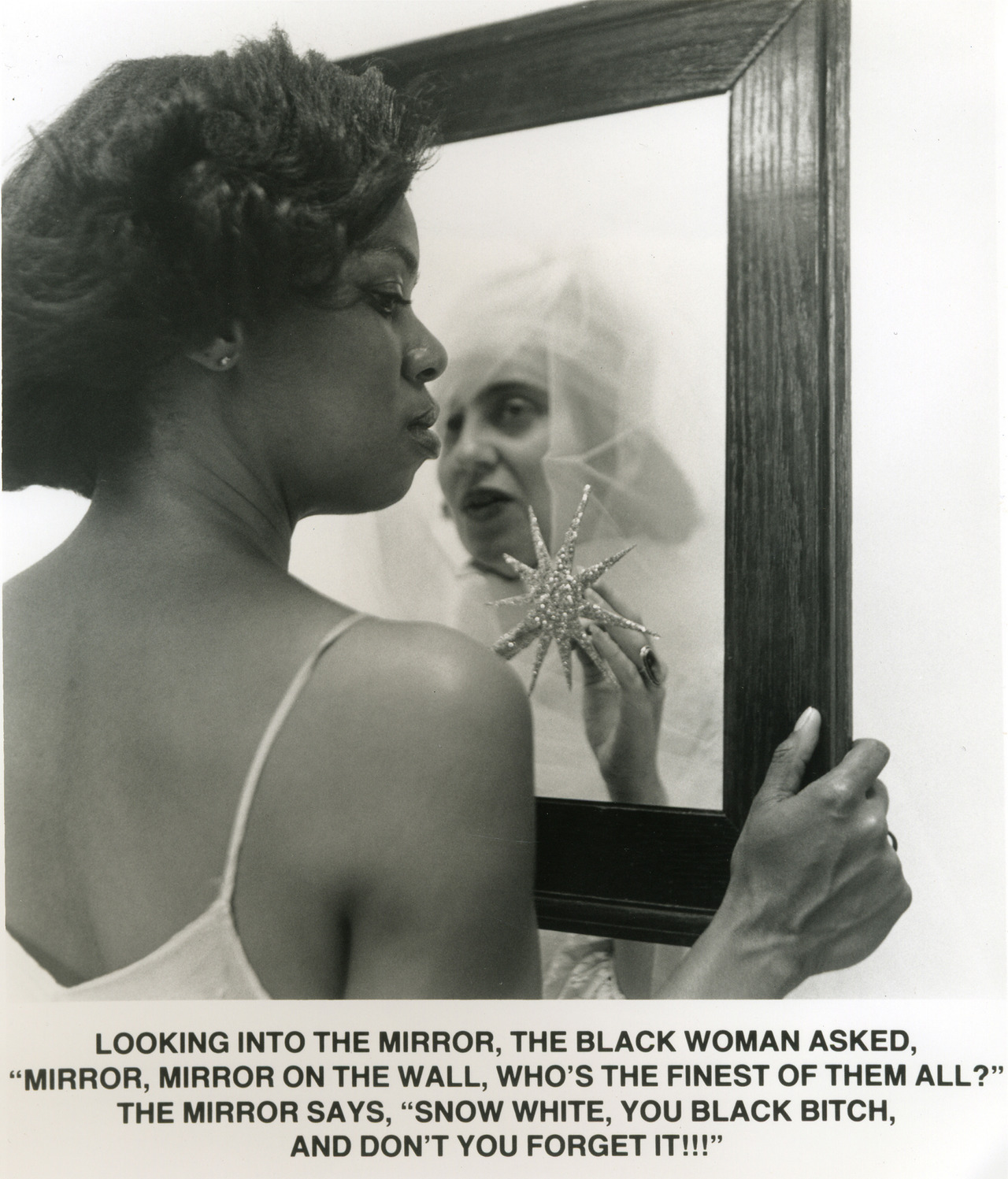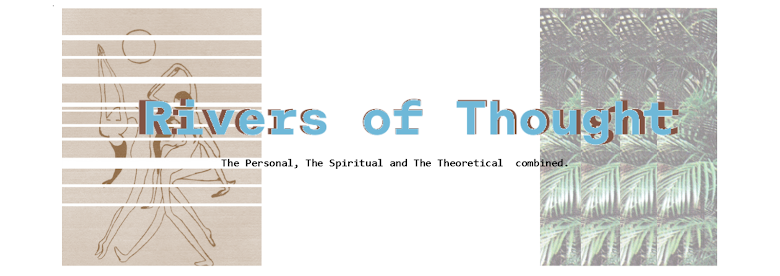Although this article focuses on South Asian culture, it’s a parallel issue across many POC communities so yeah, “in Whiteness, we stand united”. Reading it made me reflect on my own perception of skin colour and how it had fluctuated over my adolescent life.
The issue of skin-bleaching is rooted in colourism and colourism is rooted in internalised racism. The concept of ranking blackness in shades, whereby how light your skin is equates to a higher position in the culturally-defined hierarchy of beauty, is deeply flawed and divisive. And ironic because, as the article mentions, outside the subaltern, you’re black you’re black, there’s no two ways about it. Why do we still continue to feel the need to categorise shades of skin colour? Why are there people who rank beauty based on its relationship to whiteness? It’s damaging to someone’s identity and someone’s self-esteem because even in the culture you inhabit and refer to as home (primarily thinking about young women in POC communities outside the western world), you still end up feeling like the “other”. It’s hard not to when you’re bombarded with billboards and televised adverts of dark “skin being magically transformed into a celestially, white complexion”. Or even here in the UK, standing in a hair shop with rows upon rows of skin lightening/bleaching products, all of which exploiting the vulnerability of young minds and allowing them to swallow whole, and unprocessed those Eurocentric ideals of beauty. It’s scary to think that 3/4 years ago, I would’ve contemplated it, and it’s scary to think how much self-hate I carried around with me at that age. This was further heightened by having to witness the whitewashing of celebrities on the front covers of magazines, a subconscious message that beauty is only attainable with light-skin.
 In fact, in one of my favourite books – “Happiness, Like Water” by Chinelo Okparanta – there’s a short story called “Fairness” that explores this. Set in Nigeria, it looks at a mother-daughter relationship, where the mother, who has recently returned from a trip to America, brings with her copies of women’s fashion magazines. Uzoamaka’s mother feeds her these Eurocentric beauty standards through the American magazines, repeatedly urges her to lighten her skin, to emulate her mother’s journey to beauty with bleaching creams. And not only is it a familial thing, it’s a societal thing, as Uzoamaka watches as girls at her school transform themselves for the sake of whiteness. I won’t spoil the ending but it’s shocking and sad, and even more so because you see no change or growth in Uzoamaka’s perception of beauty, but I guess that’s the point. Once it’s ingrained, it’s hard to scrub its effects away. Also, I haven't read this book but I know that "The Bluest Eye" by Toni Morrison (a wonder) also explores a similar issue of internalised self-hate, a racial inferiority complex and seeing beauty in the hands of whiteness.
In fact, in one of my favourite books – “Happiness, Like Water” by Chinelo Okparanta – there’s a short story called “Fairness” that explores this. Set in Nigeria, it looks at a mother-daughter relationship, where the mother, who has recently returned from a trip to America, brings with her copies of women’s fashion magazines. Uzoamaka’s mother feeds her these Eurocentric beauty standards through the American magazines, repeatedly urges her to lighten her skin, to emulate her mother’s journey to beauty with bleaching creams. And not only is it a familial thing, it’s a societal thing, as Uzoamaka watches as girls at her school transform themselves for the sake of whiteness. I won’t spoil the ending but it’s shocking and sad, and even more so because you see no change or growth in Uzoamaka’s perception of beauty, but I guess that’s the point. Once it’s ingrained, it’s hard to scrub its effects away. Also, I haven't read this book but I know that "The Bluest Eye" by Toni Morrison (a wonder) also explores a similar issue of internalised self-hate, a racial inferiority complex and seeing beauty in the hands of whiteness.
Yellow Fever from Ng'endo Mukii on Vimeo.
Recently, I’ve been interested in the effects, more like the fallout, of colonialism after all these countries gained independence. With European colonialism came the influx of white supremacist ideology, which included the binary opposition of white vs. black; white perceived as "the standard/preferred", black perceived as "the other", or even more white perceived as the "superior", black perceived as the "inferior". With this included "the association of blackness with primitiveness, lack of civilisation, unrestrained sexuality, pollution, and dirt". This being said, one can view skin bleaching as a method of escaping those negative associations, separating yourself from "the other" and being one step closer to being regarded as an ideal. Especially as these associations then leak into social systems. Take the job industry for example, time and time again black woman are being told that their natural hair, that dreadlocks, are unprofessional for the workplace. Afro-textured hair, "nappy" = uncivilised. Is this fair? No.
This article made me realise just how far-reaching and skin-deep colonisation is, how it not only infiltrated and destroyed the natural order/customs/traditions of certain civilisations, but also the minds of these civilisations and how they infiltrated and warped their self-perception of themselves and their beliefs and values of beauty. It’s a sad and scary thought.
This article made me realise just how far-reaching and skin-deep colonisation is, how it not only infiltrated and destroyed the natural order/customs/traditions of certain civilisations, but also the minds of these civilisations and how they infiltrated and warped their self-perception of themselves and their beliefs and values of beauty. It’s a sad and scary thought.
 |
| Carrie Mae Weems, Mirror, Mirror from Ain’t Jokin’, 1987–88 |
“What is perhaps more surprising is that there is no correlation to our anti-colonial histories.”
This was another thing to think about, that despite after fighting for independence, for power over your territory, celebrating year after year the ejection of the British (although another question to consider is whether or not independence is truly independence, looking at neo-colonialism and the world as a global community still centred on Eurocentric/Western ideology), you’d think that we’d do our best to separate ourselves from the very thing that was shoved down our throats. But it’s a hard thing to do. Warping someone’s perception of beauty is a hard thing to reverse because once it’s ingrained in your mind, it leaks out of your actions and your words, gets passed down to your children. It becomes a cycle. This is a massive hurdle that needs to be destroyed in order for there be a collective acceptance of beauty in your own black skin.
On a positive note however, people are breaking that cycle. Like the self-love movement permeating through social-media. The personal is political, being looking at the mirror and celebrating the beauty in the colour of your skin and watching that daily affirmation positively affect the rest of your day. Spitting in the face of that person who challenges your beauty simply because you wear your dark skin proudly. Your melanin glows because you walk the earth with love for yourself and others.
An Accompaniment
Oshun - Brown
Fela Kuti - Yellow Fever
India.Arie - I Am Not My Hair ft. Akon
India.Arie - Brown Skin
Fela Kuti - Yellow Fever
India.Arie - I Am Not My Hair ft. Akon
India.Arie - Brown Skin



really well written, n love the collages! xo
ReplyDeletethank u zo xx
Deletesuch a brilliant piece and i can't wait for you to post more, very interesting. it's scary to look through past journals and see how much research i did around skin bleaching creams, the best ones, etc. it's amazing to see so many people reclaiming and embracing what they've been taught was ugly for so long though.
ReplyDeleteah thank you so much! yeah exactly like its sad knowing i spent so much time obsessing over the colour of my skin and how inadequate i felt cuz i was dark, especially in comparison to my sister. I'm so happy now witnessing and be a part of this movement of people just loving all parts of themselves xx
Delete